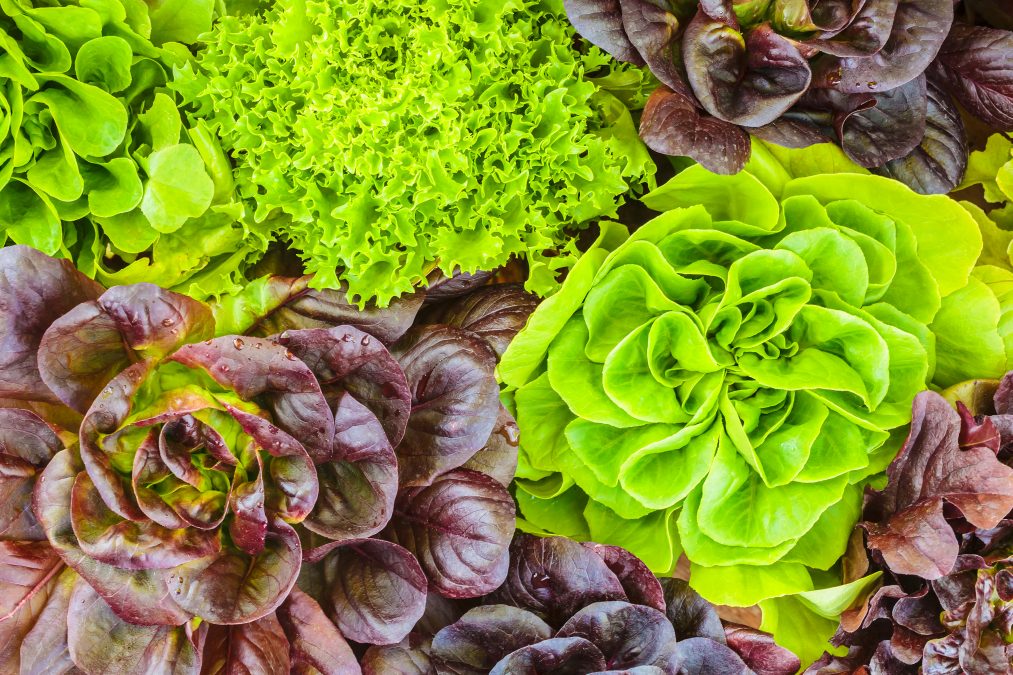Your mission, should you choose to accept it, is to grow an abundant and plentiful harvest from your very own high-mountain garden.
A lot of people think it’s hard to grow a garden in the Rockies, but it’s not. It’s just different.
It’s true that that Steamboat’s mountain climate is drier; that our soil has few nutrients and is mostly made up of rock and clay; that our high altitude sun is strong; that our abundant wildlife is not the most favorable for a backyard garden; and that our summer season is shorter and our springtime almost non-existent.
But that doesn’t mean you can’t have a thriving garden here, says Karen Vail, who knows a thing or two about gardening. She has a Bachelor’s Degree in Horticulture and a Masters in Environmental Education, has published three books, (For the Joy of Wildflowers: Colorado Creations; Yampa Valley Visions: Photography and Writing of a Yampa Valley Naturalist; and Edible and Medicinal Plants of the Southern Rockies), and co-published a video/DVD, A Season of Wildflowers: The Rocky Mountains. She runs her own landscaping business, and continues to be active in education through a local environmental education organization, Yampatika, and a variety of local venues.
“Gardening here isn’t hard, it’s just different,” she says. “But it’s so easy if you grow the right plants and understand you might have to plan a little bit more.”
A garden will provide fresh, organic farm-to-table ingredients from your own backyard. It’s also a great way to teach your kids about where their food comes from and can be a fun, healthy, outdoor activity that can be enjoyed with the whole family.
We caught up with Karen during her lunch break walk with her dog, to dispel some of the myths about gardening in the mountains. The bottom line, she says is, “Everybody can grow things, you just need to learn how to do it.”
Myth #1: The season is too short.
Our growing season might start a little bit later here than it does at lower elevations, but it’s still enough time to grow healthy plants and yield a good harvest. Our frost-free season is usually from around June 10 to September 10. The key is that the ground is warm for good root formation.
Myth #2: You have to be a real pro to get vegetables to grow in Colorado.
The number one rule is to keep it simple. If you’re just starting out with a new vegetable garden, start with a small bed and easy crops that will give you a little more confidence in your first couple years. Leafy crops like lettuce, spinach, kale and chard, as well as peas, potatoes and radishes are pretty easy to grow. Melons, squashes and beans are going to be a little touchier.
Myth #3: The soil in Colorado is too hard to grow anything in.
This is actually somewhat true. If you’re growing in our native soil you’re not going to be growing many vegetables because it’s mostly clay, rock or sand—it doesn’t have a lot of organic matter in it. To start a vegetable garden, I use raised beds here. It’s really simple, just a little frame one foot off the ground. I’ll bring in some nice soil; one third compost, two-thirds top soil, to create a good rich soil with good mineral content. You also have to keep adding compost every single year to keep the nutrients up. That’ll get you off to a really good start.
Myth #4: The sun is too strong.
It’s true our sun is very strong, but this is where your planting plan comes in handy. For example, lettuce doesn’t like full hot sunlight, so I’ll plant it on the north side of the peas so it will be shaded by the peas and won’t get so stressed. We call it intercropping when you create a layout in your garden with plants that are beneficial to each other. For sensitive crops that don’t want full sun, you plant them on the north side of taller crops that will provide shade.
Myth #5: Wildlife will eat or kill all your vegetables.
Yes, we have a lot of wildlife, but a few simple preventative measures will mitigate this. First, put a fine metal mesh (not chicken wire) beneath your raised bed to keep burrowing animals from digging it up. Then you’ll want to put a little fence around the sides of your raised bed. I like to drape deer netting over the plants. It’s super fine so you, and the deer, can’t see it. The deer will knock into it and it scares them so they tend to stay away after that. It’ll keep birds away also. Also, any plant that has a strong odor like herbs, onions and garlic are great deterrents for animals and insects, so it’s a great idea to intermix them with your veggies.
To learn more, Karen recommends taking a Colorado Master Gardener program through the Colorado State University Extension program. Visit the CSU Extension Office’s website for information on all of their Yard & Garden programs. Or, visit the Office at 136 Sixth Street in downtown Steamboat, call them at 970-879-0825 or email to csumgprogram@co.routt.co.us.
>>>>READ NEXT STORY: The Future is Now – Virtual Reality Home Tours<<<<


